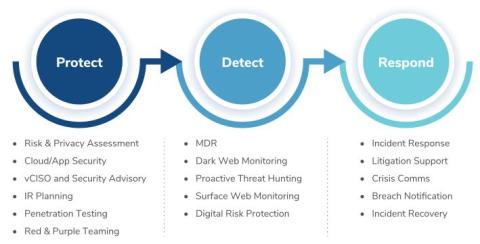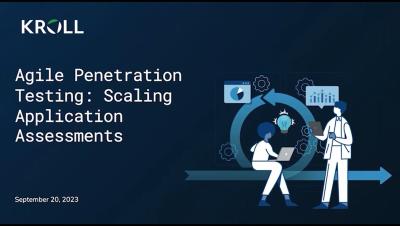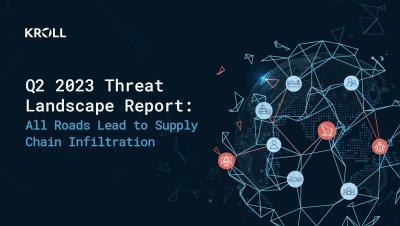Rise in MFA Bypass Leads to Account Compromise
In Q2 and Q3 of this year, Kroll observed an increase in large-scale AiTM phishing and BEC attacks targeting organizations within the professional services, banking and financial industries. In 90% of Kroll's recent BEC investigations, MFA was in place at the time of unauthorized access, but attackers can obtain authentication tokens and/or session cookies to easily evade defenses.






